
Water | Swimming Pools
The Least Toxic Way to Waterproof Fabric
I happened to run across a how-to webpage that gave six methods for waterproofing fabric:
1. waterproof sprays
2. laundry detergent and alum
3. turpentine and soybean oil
4. iron-on vinyl
5. beeswax
6. linseed oil
Most of these are pretty toxic, but beeswax is actually a great solution.
I used to have a “waxed” raincoa oil clothe that was cotton coated with wax. This is apparently how they made raincoats before we had modern waterproof fabrics.
You may have heard of “oilcloth,” which is fabric treated with boiled linseed oil to make it waterproof. This was used for tablecloth. Today “oilcloth” is fabric with a layer of plastic.
Here are the instructions for waxing fabric to make it waterproof:
www.wikihow.com/Waterproof-Fabric
Kelly & Co.
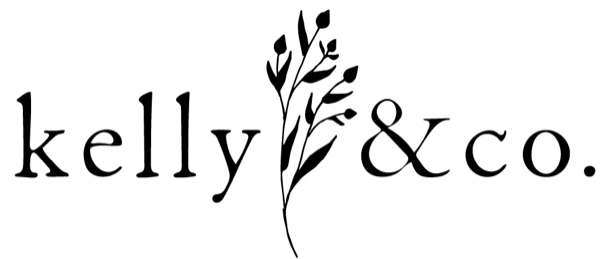 A “small and sturdy collection of thoughtfully designed handmade goods for the home. Materials- like linen, waxed canvas and reclaimed hardwoods are chosen for their sustainability, durability, and beauty. Enduring and durable, simple and sturdy, handy and handmade.” Oversized linen napkins in soft colors, linen blankets, linen coffee filters, wooden bangles, aprons, waxed canvas lunch bags and carryalls… “Kelly & Co. represents the work of two Kellys- Erin & Don- both living and working in the same tiny town in the hills of western Massachusetts. They are niece & uncle, and work with fabric & wood, respectively…Both have been at their chosen crafts for many years- so long that it feels perhaps their crafts chose them. Each will wax poetic about their materials if given the opportunity, and family dinners may find them appreciating the tiny luxuries of working where they live..”
A “small and sturdy collection of thoughtfully designed handmade goods for the home. Materials- like linen, waxed canvas and reclaimed hardwoods are chosen for their sustainability, durability, and beauty. Enduring and durable, simple and sturdy, handy and handmade.” Oversized linen napkins in soft colors, linen blankets, linen coffee filters, wooden bangles, aprons, waxed canvas lunch bags and carryalls… “Kelly & Co. represents the work of two Kellys- Erin & Don- both living and working in the same tiny town in the hills of western Massachusetts. They are niece & uncle, and work with fabric & wood, respectively…Both have been at their chosen crafts for many years- so long that it feels perhaps their crafts chose them. Each will wax poetic about their materials if given the opportunity, and family dinners may find them appreciating the tiny luxuries of working where they live..”
Jules Loft
“Edible Garden Art” in the form of organic wild bird feeder “made by hand in small batches using nature’s cache.” These are edible “sculptures” made of food for wild birds, in shapes such as bells, balls, hearts and stars. Charming.
Pillobebe
Cork and organic cotton and all organic cotton playmats. “Premium Handmade, Eco-friendly, Nontoxic, Natural Cork, Certified Organic Cotton Baby/Kids Play Mat. CorkiMat™ is safe from all harmful chemicals and toxins. Cork and bamboo fibers are naturally Soft, Organic, Eco-friendly, Antibacterial, Antimicrobial, Anti-fungal and Naturally flame-retardant. Cork barks are harvested by hand over and over again without harming cork trees. Bamboo plants are fast growing so they can be replaced much faster than trees. Another material is cotton and we use GOTS Certified Organic cotton only. CorkiMat™ is FREE of Formamide, Fire-retardants, PVC, BPA, PBS, Formaldehyde, Phthalates, Lead, and harmful VOCs. Removable cover: 100% GOTS Certified Organic Cotton. Handmade in USA.”
Little Barefoot Princess
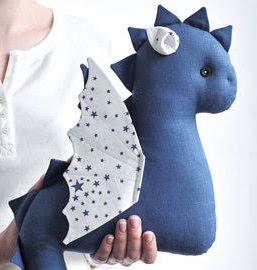 “Classic heirloom-quality soft toys re-imagined in choice materials: GOTS Certified Organic Cotton, Hemp, Peace Silk and “The Fiber of the Gods” ˜ fine Alpaca fleece.” Their teddy bear is made from alpaca fiber, GOTS Certified Organic Cotton and low impact fiber reactive dyes. Plus other stuffed animals—both real and imaginary—are made in the same manner. Blue whales, dolphins, unicorns, dragons, pegasus, rabbits, elephants…all handmade.
“Classic heirloom-quality soft toys re-imagined in choice materials: GOTS Certified Organic Cotton, Hemp, Peace Silk and “The Fiber of the Gods” ˜ fine Alpaca fleece.” Their teddy bear is made from alpaca fiber, GOTS Certified Organic Cotton and low impact fiber reactive dyes. Plus other stuffed animals—both real and imaginary—are made in the same manner. Blue whales, dolphins, unicorns, dragons, pegasus, rabbits, elephants…all handmade.
Ground 2 Table
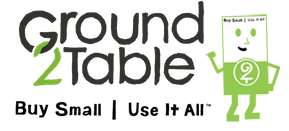 12 certified organic, non-GMO, salt-free, sugar-free spice blends , packaged in small bags so you can use it all and eliminate food waste.
12 certified organic, non-GMO, salt-free, sugar-free spice blends , packaged in small bags so you can use it all and eliminate food waste.
Prairie Linen Company
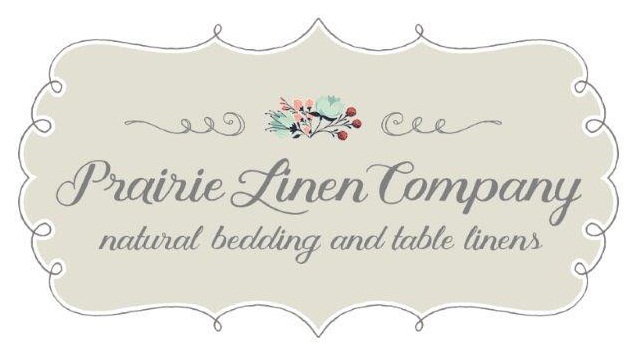 Handmade luxury bedding and table linens, made in the USA using high quality 100% natural linen fabric.” These are design pieces for decoration, not sheets and pillowcases. Monogrammed and ruffled pillow shams, bedskirts and spreads, crib accessories, placemats and monogrammed napkins, linen fabrics.
Handmade luxury bedding and table linens, made in the USA using high quality 100% natural linen fabric.” These are design pieces for decoration, not sheets and pillowcases. Monogrammed and ruffled pillow shams, bedskirts and spreads, crib accessories, placemats and monogrammed napkins, linen fabrics.
Human Revolution Clothing
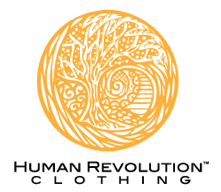 Organic t-shirts and casual clothing for women and men. “Human Revolution Clothing is a social, economic, environmental and LOVE centered clothing company that is passionate about and dedicated to changing the way clothing is made seed to shirt! Our clothing is made from 100% Certified Organic Cotton that is GMOfree & FairTrade. It is GOTS (Global Organic Textile Standard), USDA & Fair Trade certified.”
Organic t-shirts and casual clothing for women and men. “Human Revolution Clothing is a social, economic, environmental and LOVE centered clothing company that is passionate about and dedicated to changing the way clothing is made seed to shirt! Our clothing is made from 100% Certified Organic Cotton that is GMOfree & FairTrade. It is GOTS (Global Organic Textile Standard), USDA & Fair Trade certified.”
The Organic Handkerchiefs Company
GOTS certified organic cotton flannel and woven handkerchiefs in four sizes.
A New Public Health Revolution
There was a great article in The New York Times back in February (I just found out about it) called “Are You a Toxic Waste Disposal Site?”
It talks about toxics in our bodies and in particular exposures to lead, but most importantly, the author gives a historical example of a public health change that worked.
Maybe, just maybe, the crisis in Flint can be used to galvanize a public health revolution.
In 1854, a British doctor named John Snow started such a revolution. Thousands were dying of cholera at the time, but doctors were resigned to the idea that all they could do was treat sick patients. Then Snow figured out that a water pump on Broad Street in London was the source of the cholera. The water company furiously rejected that conclusion, but Snow blocked use of the water pump, and the cholera outbreak pretty much ended.
Thousands were dying…a water pump was found to be the source…one man blocked the use of the water pump.
Oh how I wish I could block the use of toxic chemicals in consumer products!
A group of scholars, led by David L. Shern of Mental Health America, argue that the world today needs a new public health revolution focused on young children, parallel to the one mounted for sanitation after Snow’s revelations about cholera in 1854. Once again, we have information about how to prevent pathologies, not just treat them — if we will act.
The reason for a new effort is a vast amount of recent research showing that brain development at the beginning of life affects physical and mental health decades later. That means protecting the developing brain from dangerous substances and also from “toxic stress” — often a byproduct of poverty — to prevent high levels of the stress hormone cortisol, which impairs brain development.
A starting point of this public health revolution should be to protect infants and fetuses from toxic substances, which means taking on the companies that buy lawmakers to prevent regulation. Just as water companies tried to obstruct the 19th-century efforts, industry has tried to block recent progress.
Back in 1786, Benjamin Franklin commented extensively on the perils of lead poisoning, but industry ignored the dangers and marketed lead aggressively. In the 1920s, an advertisement for the National Lead Company declared, “Lead helps to guard your health,” praising the use of lead pipes for plumbing and lead paint for homes. And what the lead companies did for decades, and the tobacco companies did, too, the chemical companies do today.
Well, we here on this website are already having the revolution right here in our own homes. We all just need to make it more known.






